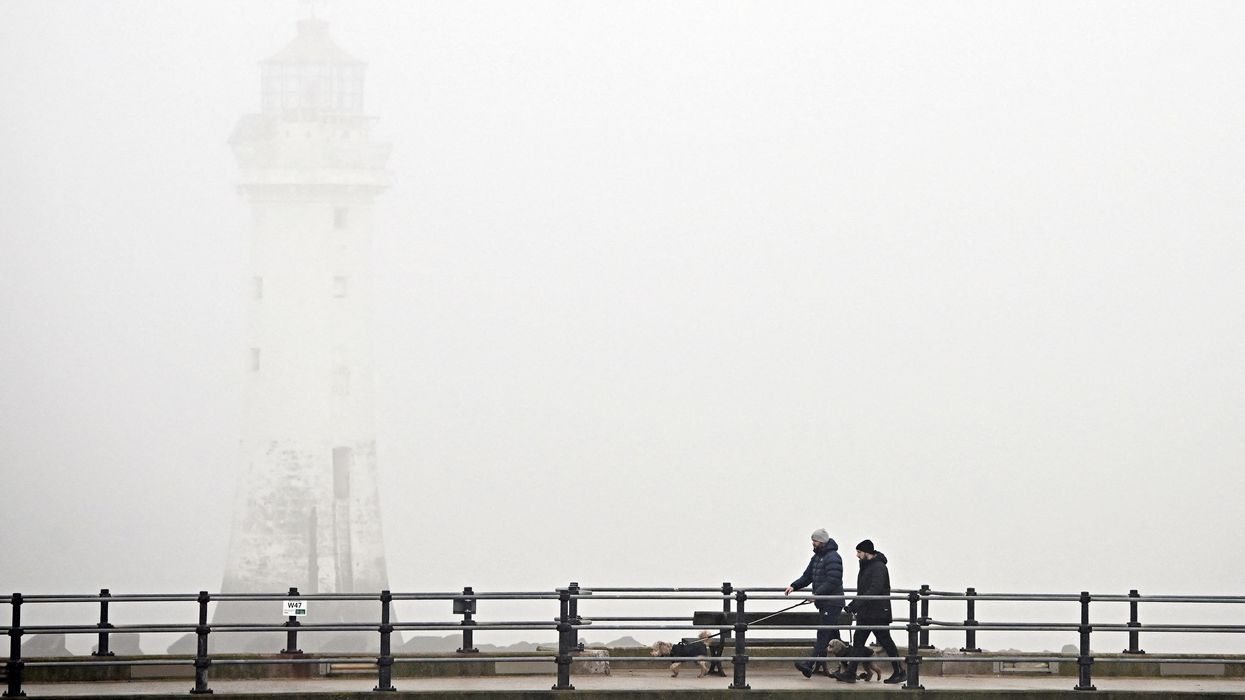by LAUREN CODLING
A RENOWNED Indian engineer has proposed creating an Indo-UK young scientist network which he believes can help tackle challenges such as climate change and drive innovation in health and education sectors.
Dr RA Mashelkar, a scientist and a recently appointed judge for the Queen Elizabeth Prize (QEPrize) for Engineering, said sharing scientific knowledge would help both nations.
He suggested that the UK and India focus on combining the latter’s ability to design for extreme affordability and Britain’s reputation for excellence to work on “affordable excellence projects” in health, education, energy and food security.
The QEPrize is awarded to an individual or team of engineers whose work has had a major effect on humanity. With the chance to win £1 million, it is a highly sought-after honour.
In 2017, a report by the QEPrize found that over half of the 10,000 people surveyed felt there was a call for skilled engineers that was not being matched by supply globally.
Dr Mashelkar believes the problem needs to be addressed by creating a new generation of “solution” engineers.
“They have to be engineers who use trans-disciplinary thinking, since the distinction between engineering disciplines is vanishing,” he explained. “They need to be ‘whole brain’ engineers, which would require using both the left and right brain, since human empathy will be as important as engineering.
“They also have to be holistic engineers which involves environment, economics, regulations and society.”
Dr Mashelkar takes a so-called Gandhian approach to engineering – in which he hopes to create a more “equitable society and design a sustainable future for mankind”.
“Serving the needs of billions of ‘have nots’ means making products and services available at ‘ultra-low cost’,” he explained.
“They also have to be of high quality and performance. This means doing what looks impossible: creating access equality despite income inequality.”
Having been invited by the EU to give a talk on Innovation Under Adversity, he added that the bloc is beginning to realise that quality, sustainability and affordability are key to a
competitive advantage.
“They are bringing in policy changes to see how frugal innovation based on Gandhian engineering principles can be used to create strategic advantage,” he said.
Dr Mashelkar also recommended setting up a scientist network by picking the brightest scientists in their early 30s from India and UK and funding joint projects. “Who knows, they
might win a QEPrize one day,” he said.
A former director general at the Council of Scientific & Industrial Research in India, Dr Mashelkar hopes the honour will inspire aspiring engineers. Recently, he gave a lecture on The Future of Engineering and Engineering our Future to students and recalled the “palpable” excitement among his audience.
“I am sure the inspiration will start reverberating through the young engineering community, as it sees more and more iconic QEPrize winners to come,” he said.
Born in Goa, India, the 75-year-old lost his father at a young age and grew up with little money.
He would study under street lights as a young boy and walked for miles barefoot to school. Despite those initial hardships, he excelled academically and was inspired by his science teacher Narhari Bhave at the Union High School in Mumbai.
“His demonstration of the power of science inspired me, and I decided to take up science and then engineering as a career,” Dr Mashelkar recalled.
Throughout his extensive career, the Indian engineer has written 25 books, 284 research papers, and has been bestowed honorary doctorates by 38 universities from across the world. He has chaired several influential committees which have studied an assortment of topics including national fuel policy; higher education; the drugs regulatory system and
the agriculture research system.
In 1998, Dr Mashelkar was inducted as a Fellow of the Royal Society, signing the same book as renowned scientists Albert Einstein and Isaac Newton. He cites it as “the proudest moment of [his] life”.
When questioned on his message to those considering a career in engineering, Dr Mashelkar said they must understand that the field is a great bridge between science and society.
“[They are the] builders of a science-society bridge that will decide the future of humanity,” he said.
“We need innovation that will save the world, and engineers will have the gigantic task of doing it. They will be the leaders in saving the planet.”
See qeprize.org for details


















 Tamil Nadu chief minister MK StalinGetty images
Tamil Nadu chief minister MK StalinGetty images
